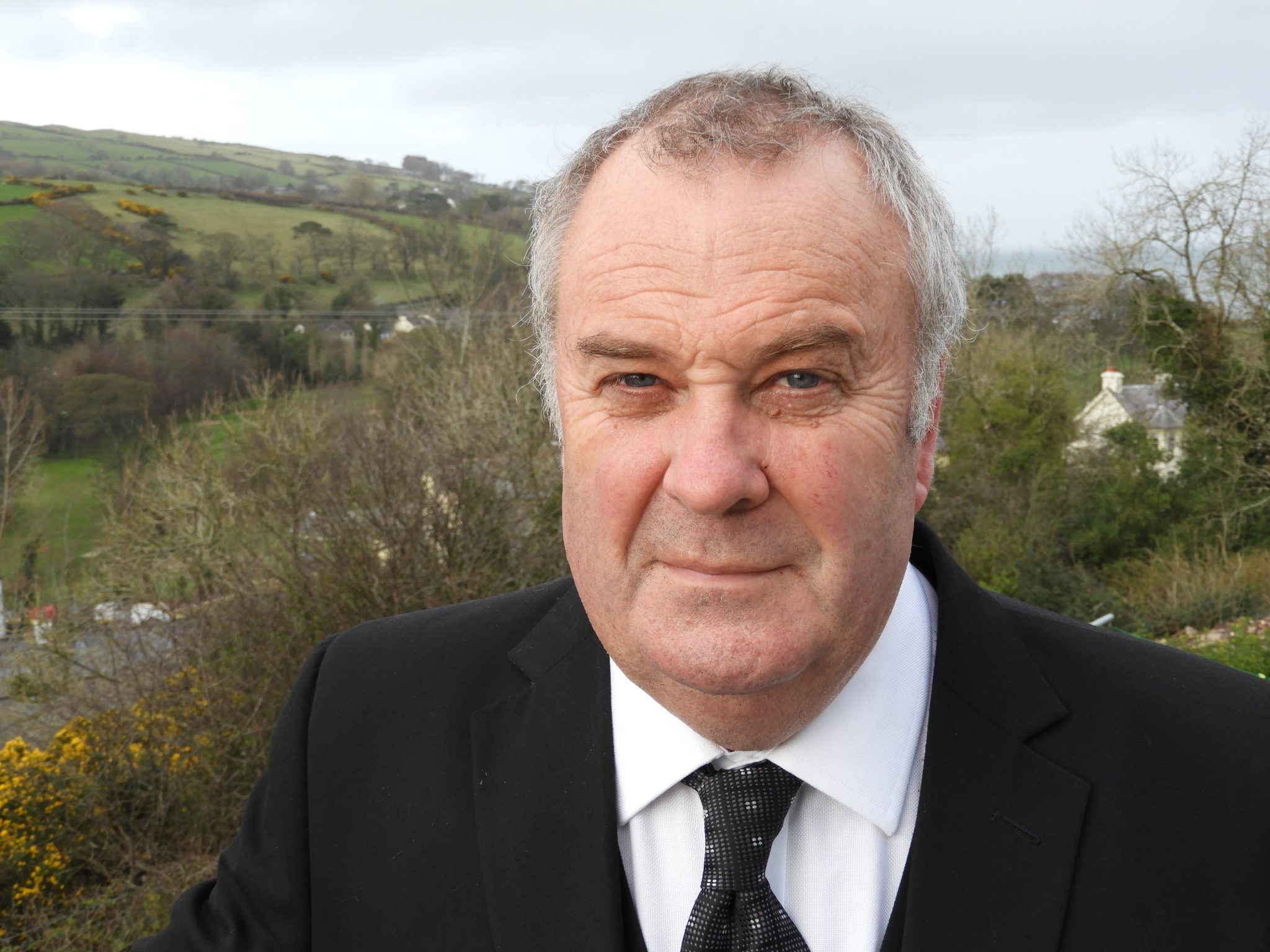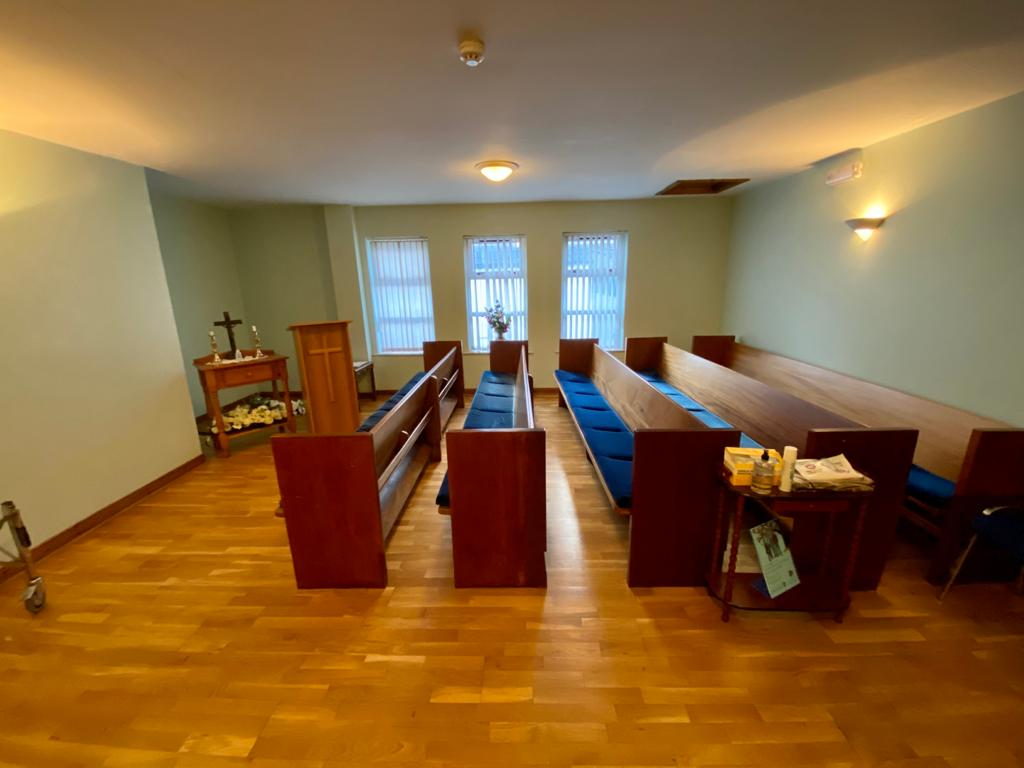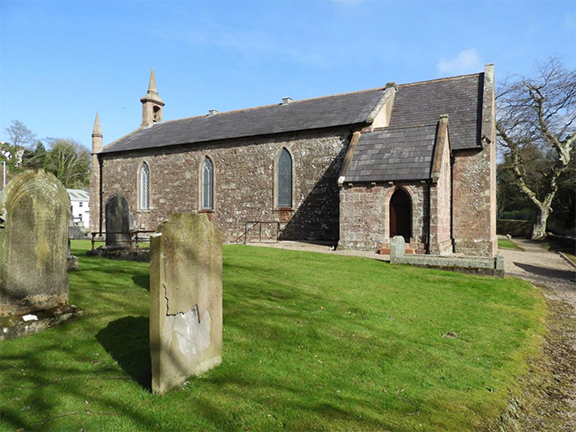We commit to providing you with a personal and professional service. We will help you plan and deliver all the elements of the funeral, to make sure it is a fitting farewell to your loved one. A typical funeral will include four basic elements: our professional service fees, bringing your loved one into our care, the hearse, and funeral staff for the day Glens Funeral. Please note these costs are estimates and a more detailed and accurate quote can be put together for you. There are also a range of other services that can be provided – again contact us for advice and a quote.
Normally the family would directly pay any Clergy or venue fees, music, catering.
These can be included in the overall bill (please let us know in advance) of the funeral, and a coffin. The other elements and costs of a funeral are the disbursements which are payments made to third parties on your behalf. These may include, for example, crematorium or burial fees, minister or celebrant fees, doctors’ fees for cremation and any other additional expenses or services. We can detail these costs on an estimate.

The funeral Directors Role
The funeral director’s role can’t be understated. First and foremost, their role is one of providing compassionate support and advice on all aspects of arranging a funeral while, behind the scenes, ensuring everything is managed on your behalf. It is never too soon to start thinking about and making plans for your own funeral. This may be simply discussing with members of your family and recording your preferences, or you may wish to put in place more formal arrangements with the help of a funeral director.
For close family and friends, the day of the funeral can be highly emotional. Coping with your bereavement can be difficult and should you feel that you need help, then tell your funeral director who can give you some guidance or advice. Following the funeral there are several matters that will need to be taken care of. Again, your funeral director can help you and your family by supplying the right advice and guidance to aid you through this difficult period. Usual considerations include…
First Steps-What do you do when someone dies. There are many different circumstances and actions to consider when someone dies. From what to do if your relative passes away in a nursing home, a hospital or hospice to sudden death and death abroad.

Plan ahead
It’s never too soon to start thinking about and making plans for your own funeral.
This may be simply discussing with members of your family and recording your preferences or you may wish to put in place more formal arrangements with the help of a funeral director.
You should consider the likely cost of your funeral and think about setting up a pre-paid funeral plan.
We recommend putting in writing your preferences for a funeral and ensuring your relatives or next of kin know. Key decisions to be considered include:
- Whether you wish to be cremated or buried
- What type of coffin and, if cremated, casket
- What style of funeral you would like – traditional or ‘alternative’; religious or not
- Choice of music and hymns, prayers and poems, flowers and candles, charity for any donations
- Would you like a small family funeral and a separate memorial service
- What sort of wake or social get together you think would be appropriate

What to do in the event of a death
When a person dies at home, the first thing that should be done is to contact the next of kin or executor and the family doctor should be informed. The doctor who cared for the person during the last illness will complete a free Certificate of the Cause of Death. If cremation is intended, this doctor will complete cremation Form B and will arrange for another doctor to complete the confirmatory Form C after having confirmed the death. These forms are provided free of charge from the administration office for the crematorium. The two doctors will require payment for completing the forms. After the doctor or person certifying death has been contacted you should then contact the Funeral Director and if appropriate relevant clergy. The Funeral Director can advise you on the next steps.
If the death was sudden or due to an accident, or the deceased had not attended the doctor for some time, the Coroner must be informed. The Coroner will decide whether to hold a post-mortem and/or an inquest. As most cases are found to be due to natural causes, inquests are rarely required. The Coroner will then notify the Registrar that the death can be registered

Prior to the Funeral Service
- Assisting with medical personnel and clergy as required
- Preparing, dressing and presenting the deceased in a dignified fashion
- Transferring the deceased to a rest room or other facility or assisting if you prefer the deceased to remain at home or liaising with a repatriation company for deaths abroad
- Placing any notices of death in local or national newspapers or on websites
- Managing and advising on the necessary legal documentation
- Advising on all aspects of the funeral including types of service and the options available to you including choices of coffins and caskets, venues and catering, priests or non-clergy.

After the funeral
Following the funeral there are a number of matters that will need to be taken care of. Again, your funeral director can help and advise here. Some of the more usual considerations include:
- Flowers– if you have more flowers than you can cope with then it is suggested you give them to family members or friends, or donate them to a local hospice or care home. Additionally, you may like to preserve a particular bouquet.
- Donations– your funeral director can manage all the donations received prior to and at the service. They will advise you on the total amount and can arrange for it to be donated to your chosen beneficiary such as a charity.
- Ashes– if the deceased has been cremated then you will have the option to keep their ashes. Your funeral director can arrange collection. You can then choose to either bury the ashes, scatter them in a location that is special to your loved one, or simply keep them in a casket or urn.
- Headstones and kerbed memorials– there is a very wide choice of headstones or kerbed memorials (creating a defined area around a grave) from a wide variety of materials. Grave tenders should also be considered if you will find it hard to look after the grave yourself.
- Memorials– people often like to establish some form of memorial to provide a lasting memory of the person who has died. These range from garden or park benches and planting a tree, to putting up a plaque or setting up an online memorial where all manner of written and visual memories can be collated for posterity.
- Bereavement– sometimes people can struggle to come to terms with their loss. If this is the case, then don’t try to hide it. Your SAIF funeral director can advise you on practical support that is available through local charities as well as offer advice on coping with your loss.
Following the funeral, there may also be many other administrative and legal matters to deal with.
Please contact us with any queries re our Funeral Services in the adjoining section
